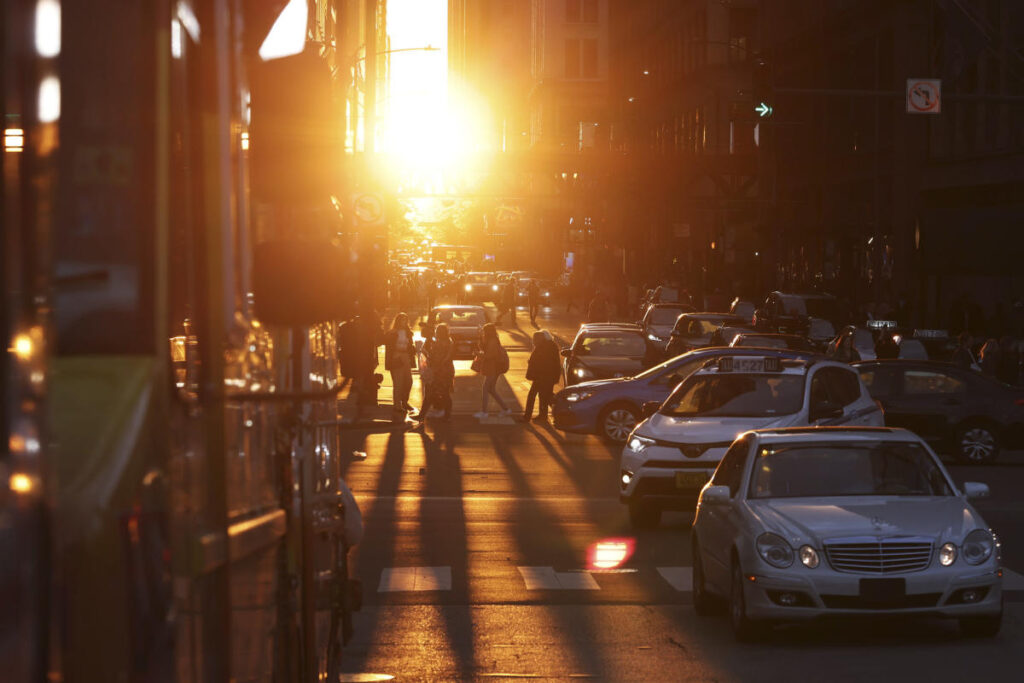In the wake of the recent elections, Illinois’ Democratic leaders have signaled their intent to actively resist any attempts by President-elect Donald Trump to undermine personal freedoms or penalize the state through the withholding of federal funds during his upcoming administration. Governor JB Pritzker, a consistent critic of Trump, has voiced concerns about a potential resurgence of the chaos and instability that characterized Trump’s previous presidency. Pritzker’s administration is gearing up for an aggressive defense of Illinois’ policies, notably in light of Trump’s campaign promises, which include mass deportations of immigrants, rolling back of transgender rights, and sweeping changes to healthcare and climate policies. The Democratic leadership appears resolute in their commitment to protecting the rights of residents and has hinted at possible legal actions against federal overreach.
The political climate in Illinois is further complicated by the broader national trends, where suburban voters demonstrated a more progressive stance in local elections, notably approving several measures aimed at financing educational and community infrastructure. These actions represent a potential divergence from the national conservative wave observed in other regions, suggesting a unique local political landscape that prioritizes investment in public services despite fiscal challenges. This could prove pivotal as state leaders navigate the implications of a Trump-led federal government.
In addition to the electoral dynamics, attention is drawn to business developments in the Chicago area, such as Rivian’s opening of a second showroom. This expansion highlights the growing electric vehicle market and indicates a shift in consumer behavior towards sustainability. The presence of state-built electric vehicles in Illinois serves not only as an economic opportunity but also aligns with regional sentiments favoring climate initiatives, contrasting sharply with anticipated federal policy rollbacks under Trump’s administration.
On the sports front, the Chicago Bulls faced a challenging game against the Minnesota Timberwolves, adding to the ongoing narrative of a turbulent season. Despite standout performances from key players like Nikola Vučević and Coby White, the team was unable to secure a victory, emphasizing the competitive nature of the league. This ongoing struggle for the Bulls is reflective of a larger theme of pursuit amidst adversity, both in sports and politics.
Amidst the shifting political and economic landscape, local arts and culture continue to flourish. Photographers like Paul D’Amato are documenting the changing environments surrounding Chicago’s Midway International Airport, contributing to a richer understanding of the community and its inhabitants. Such artistic endeavors provide an essential counter-narrative to the political turmoil, celebrating the people and places that define the region.
As both parties prepare to engage in the new congressional session, the implications of the recent elections loom large. The Republican Party’s gains in the House raise significant concerns for Democrats, who are strategizing on maintaining their influence and finding a path to a potential majority. This evolving political landscape is accompanied by a palpable sense of urgency and uncertainty as leaders bracing for the return of a Trump administration evaluate their options and chart a course forward for both Illinois and the nation.

